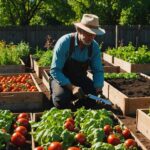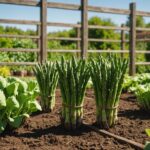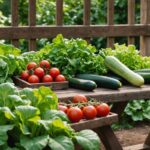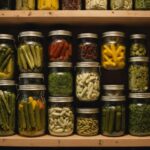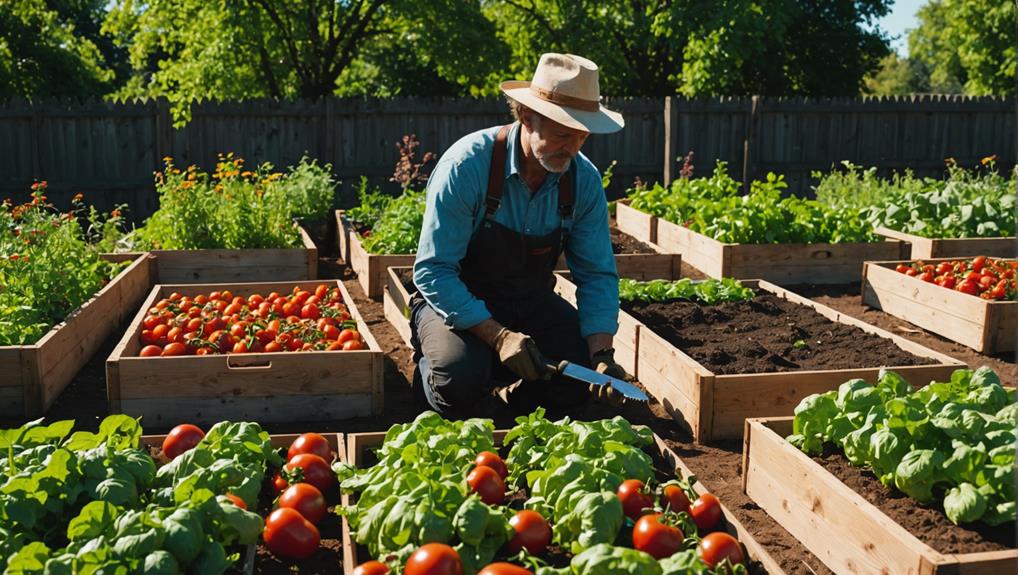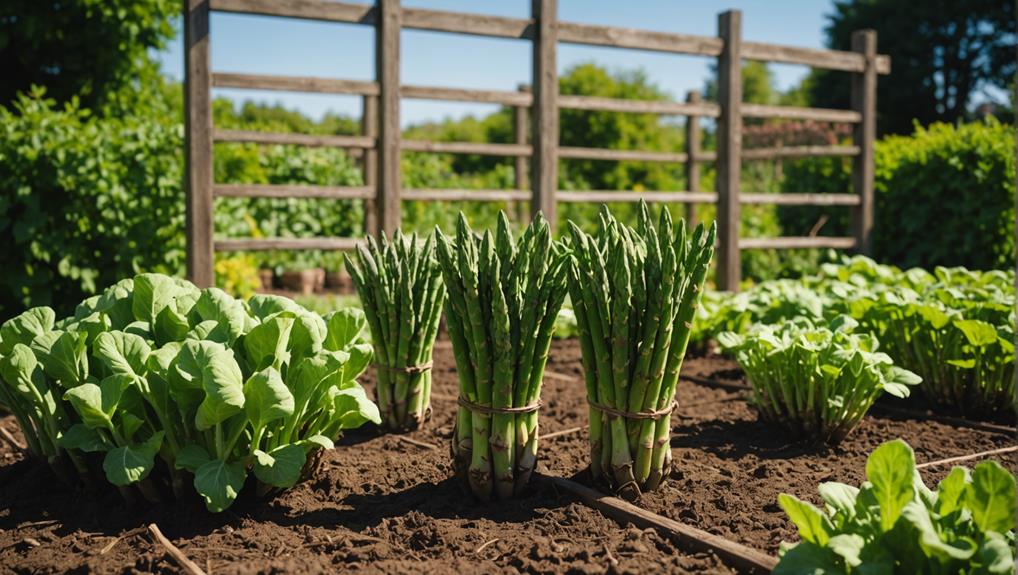As an Amazon Associate I earn from qualifying purchases.
Are you prepared for an emergency situation? What would you do if you suddenly found yourself without access to fresh food? In times of crisis, having a supply of preserved food can be a lifesaver. That’s why survival food preservation is a topic that everyone should be familiar with. In this article, we’ll explore the importance of survival food preservation and the different methods you can use to ensure the long-term availability of food during uncertain times.
When disaster strikes, it is crucial to have a reliable source of food that can sustain you and your loved ones for an extended period. survival food preservation allows you to stock up on essential nutrients and calories that will keep you healthy and energized when fresh food is scarce. By preserving food, you can create a well-stocked pantry that will serve as a lifeline during emergencies.
In this article, we will delve into the different methods of survival food preservation. From canning to dehydration, we will explain the benefits and drawbacks of each technique. You will learn how to properly store and prepare preserved food, as well as the essential supplies you need to get started. Whether you’re a seasoned prepper or new to the concept, this article will provide you with the knowledge you need to ensure your survival in times of crisis. So keep reading to discover the importance of survival food preservation and how it can safeguard you and your family in uncertain situations.
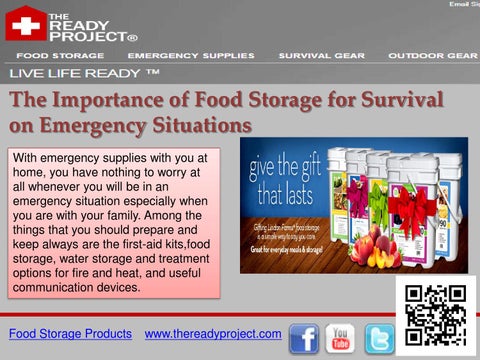
This image is property of image.isu.pub.
The Importance of Survival Food Preservation
Ensuring Food Security in Emergency Situations
In times of crisis or emergency situations, such as natural disasters, civil unrest, or even a global pandemic, ensuring food security becomes a top priority. The availability and accessibility of food can become severely limited, making it essential to stock up on survival food. However, simply stockpiling food is not enough to guarantee long-term sustenance. This is where survival food preservation comes into play.
Preserving Nutritional Value for Long-Term Storage
Survival food preservation methods aim to maintain the nutritional value of food for an extended period of time. When facing emergency situations, you may find yourself relying on preserved food for several weeks or even months. Proper preservation techniques ensure that the food you consume during such times is not only safe but also provides essential nutrients to keep you healthy and strong.
Minimizing Dependency on External Food Sources
The ability to preserve food for survival reduces the reliance on external food sources during crises. This is particularly important when supplies may be disrupted or limited. By having a stock of preserved food, you can ensure that you and your loved ones have access to sustenance even when traditional food sources are unavailable.
Extending the Shelf Life of Perishable Food
One of the primary benefits of survival food preservation is the ability to extend the shelf life of perishable food items. Fresh fruits, vegetables, and meats have a limited shelf life and can quickly spoil, especially in adverse conditions. By employing preservation methods such as canning, dehydration, or freeze-drying, you can significantly prolong the lifespan of these perishable foods, ensuring they remain edible and safe for an extended period.
Mitigating the Risk of Contamination
During emergencies, the risk of contamination and foodborne illnesses may increase due to compromised hygiene conditions or the lack of access to clean water. Preserving food properly helps reduce this risk by eliminating or minimizing the growth of harmful bacteria, viruses, and fungi that can cause illnesses. Preservation methods such as canning involve heat processing that kills microorganisms, making the food safe for consumption even in challenging circumstances.
Maintaining an Adequate Food Supply during Disasters
Disasters often disrupt the regular supply chain, including the delivery of essential food items to grocery stores. When faced with extended periods of disruption, having a stock of preserved food ensures that you have an adequate food supply to sustain yourself and your family until the situation stabilizes. This can provide a sense of security and peace of mind knowing that you are prepared for unforeseen events.
Reducing Food Waste and Ensuring Sustainability
Food waste is a significant global concern, contributing to environmental degradation and the squandering of valuable resources. By preserving food for survival, you can actively reduce food waste by utilizing perishable items before they spoil. Additionally, preserving food allows you to make the most out of seasonal produce, reducing the need for transportation and storage, thus promoting sustainability and environmental consciousness.
Enhancing Preparedness and Resilience
Investing time and effort in survival food preservation not only ensures your immediate well-being during emergencies but also enhances your overall preparedness and resilience. By learning and practicing preservation techniques, you develop valuable skills that can be utilized in various situations. These skills empower you to adapt to changing circumstances, making you more self-reliant and better equipped to handle unexpected events.
Promoting Self-Sufficiency and Independence
Survival food preservation promotes self-sufficiency and independence, which are crucial attributes during times of crisis. Relying on external food sources may not always be possible, especially when infrastructure is damaged or inaccessible. By preserving your own food, you reduce your dependence on others and become more self-sufficient, allowing you to maintain your well-being and that of your family even in the face of adversity.
Conclusion
In conclusion, survival food preservation plays a vital role in ensuring food security, especially during emergency situations. By preserving food, you extend its shelf life, maintain its nutritional value, and reduce the risk of contamination. Preservation methods provide a means to stock up on essential food supplies, reducing dependency on external sources and minimizing food waste. Moreover, investing in survival food preservation enhances your preparedness, resilience, self-sufficiency, and independence. By being proactive and adopting food preservation practices, you can significantly increase your chances of weathering crises and safeguarding the well-being of yourself and your loved ones.
As an Amazon Associate I earn from qualifying purchases.
